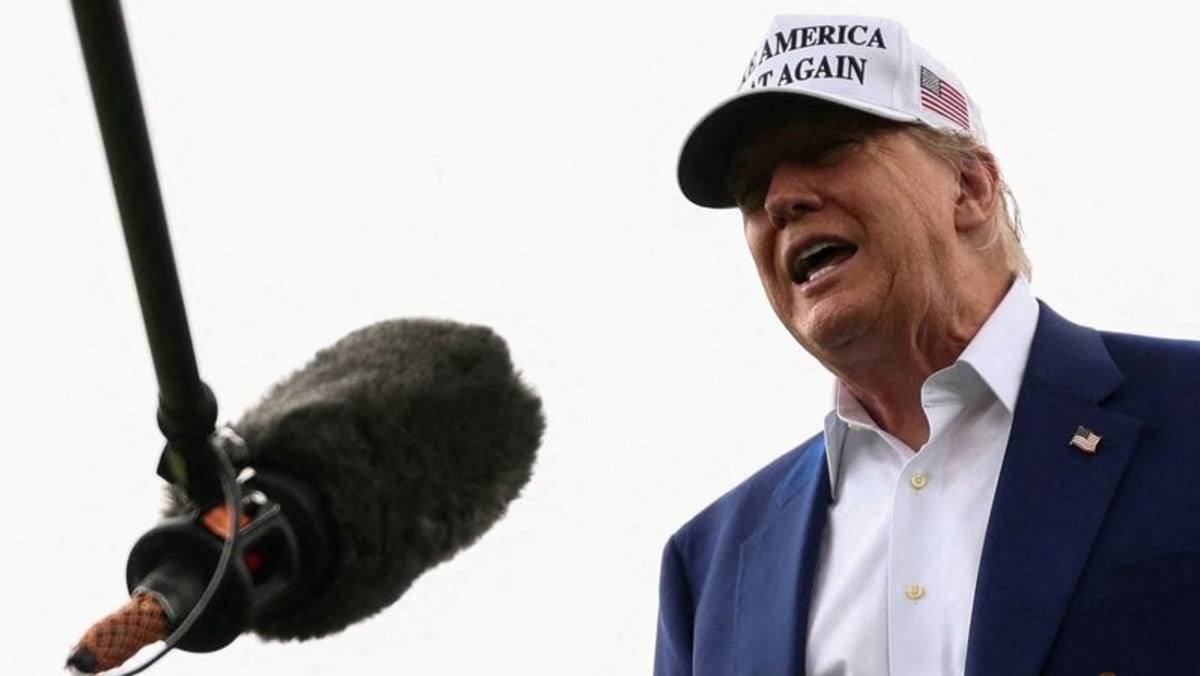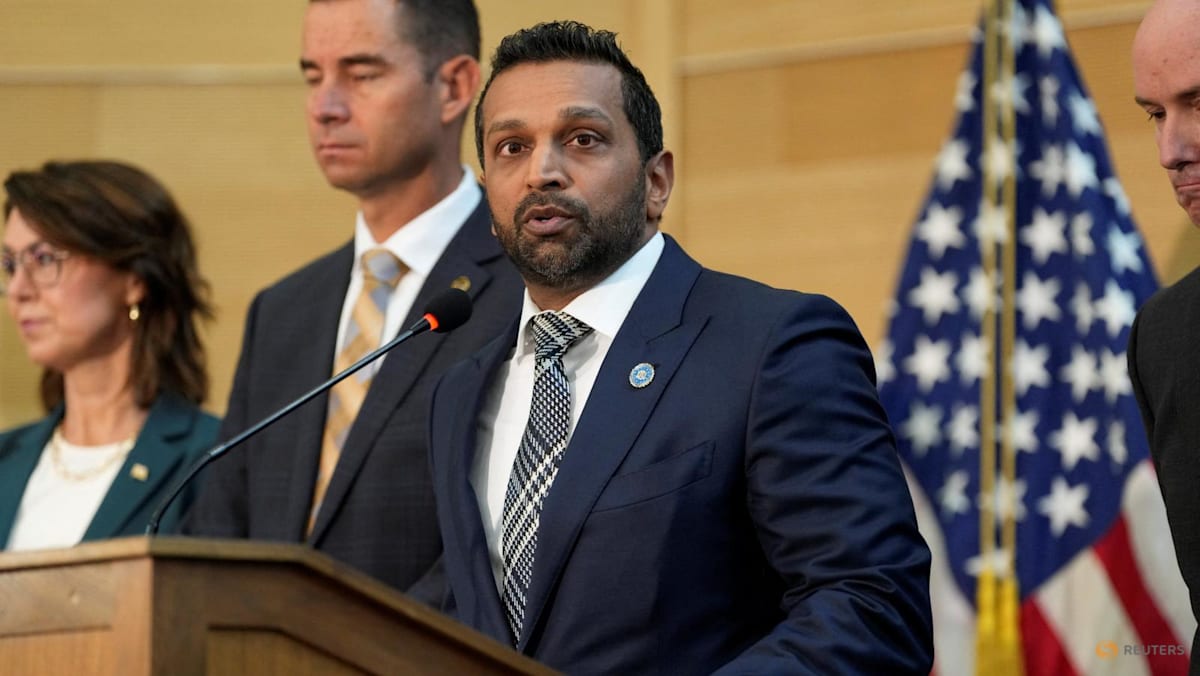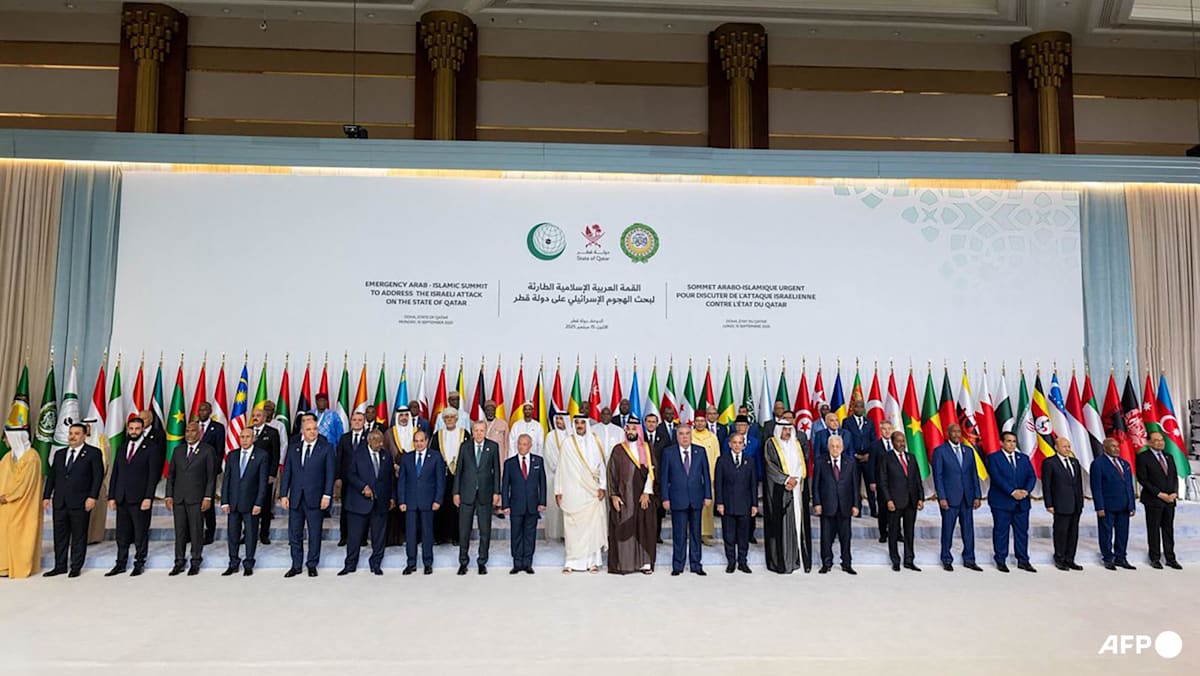UNPREDICTABILITY AND UNCERTAINTY
But current US foreign policy on Iran is more than bad deterrence. Trump’s vague rhetoric and his refusal to commit reflects his long-standing strategy of being unreliable when it comes to foreign policy.
Trump’s prevarication has all the hallmarks of his unpredictability doctrine – which states that you should never let anyone know what you will do. The doctrine is also about uncertainty. The idea being that you unnerve your opponents by making them unsure, allowing you to take the advantage while they have no idea what to do themselves.
Trump’s rhetoric on Iran reflects that unpredictability doctrine. Trump actively said of his future action: “I mean, nobody knows what I’m going to do.”
This would not be the first time he has used unpredictability in relation to Iran. In 2018, Trump withdrew the US from the joint comprehensive plan of action. This agreement – signed by the US, France, Germany, the UK, China, Russia and the EU – was designed to limit Iran’s nuclear activity in return for sanctions relief. The US withdrawal was seen as disruptive and creating unnecessary uncertainty, not just for Iran but also US allies.
WILL THE STRATEGY WORK?
Being unpredictable is a dangerous way of doing foreign policy. Stable international politics depends on knowing what everyone else will do. You can’t do that with Trump.
The downsides of unpredictability will be even worse in a conflict. In the case of Iran, adding even more uncertainty to a fragile situation will only add fuel to what is already a massive fire.
Trump’s refusal to specify exactly what the US response would be is more proverbial petrol. The insinuation that this could escalate to regime change may be true or not (or just unpredictable bluster).













